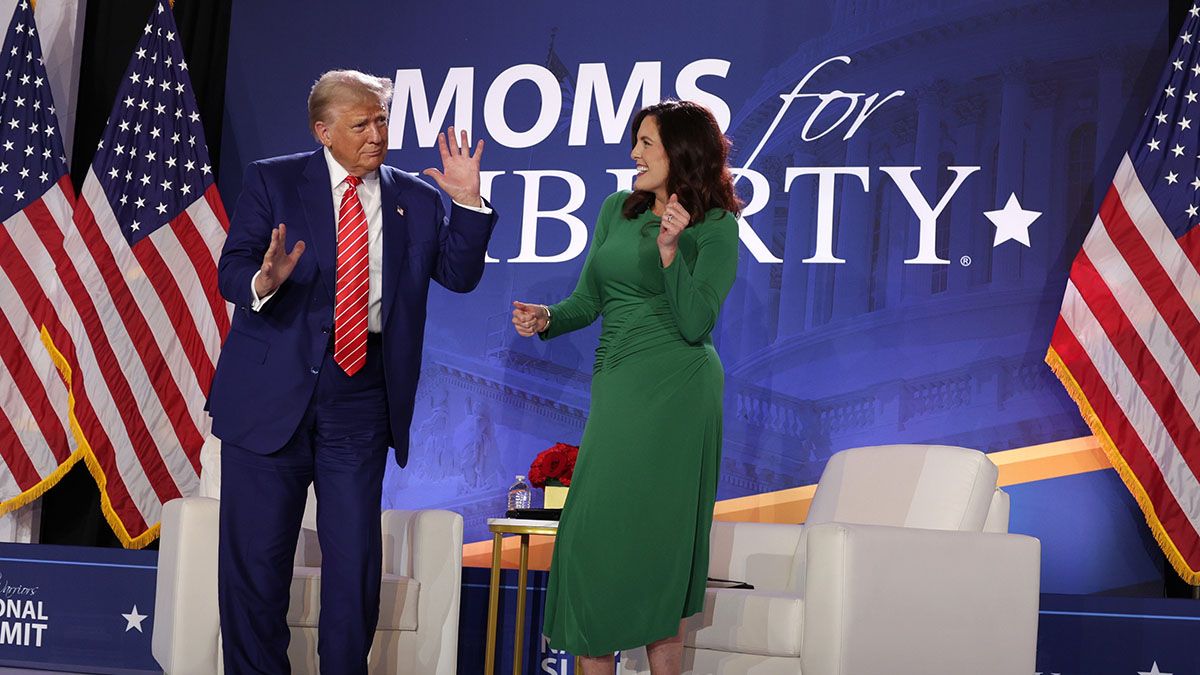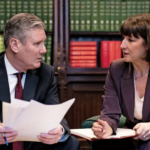Former President Donald Trump has made contentious claims about transgender individuals, including a recent assertion that schools are secretly providing or arranging gender-affirming surgeries for children. Speaking to the conservative group Moms for Liberty, Trump alleged, “Think of it. Your kid goes to school and comes home a few days later with an operation. The school decides what’s going to happen with your child.”
Experts and fact-checkers have dismissed Trump’s claim as completely false. There is no evidence that U.S. schools are conducting gender-affirming surgeries on minors, nor is there any indication that such procedures are performed on school premises. Trump’s campaign could not provide any examples to substantiate the claim when asked by CNN.
Dr. Meredithe McNamara, an adolescent medicine physician at the Yale School of Medicine, stated, “Of course, surgery of any kind happens in a qualified medical center and not in a school. Parents are the medical decision-makers for their kids, especially when it comes to gender-affirming care.”
Similarly, Landon Hughes, a postdoctoral fellow at the Harvard T.H. Chan School of Public Health, emphasized, “There are no instances of children receiving surgeries or access to surgeries from their schools.” He added that no provider in the U.S. would perform surgery on a minor under the direction of a school, let alone without parental consent.
In the U.S., parental consent is mandatory for both surgical and non-surgical gender-affirming treatments, including puberty blockers and hormone therapy. Dr. Laura Taylor, medical director of the gender-affirming care program at the University of Southern California, reiterated that all gender-affirming medical or surgical care requires parental consent and assent from the adolescent.
Despite Trump’s claims, the actual process for a minor to receive gender-affirming surgery involves consultations with an interdisciplinary team, including a psychosocial assessment to ensure informed consent.
When contacted for evidence of schools performing gender-affirming surgeries, Trump’s campaign could not provide any. Instead, spokesperson Karoline Leavitt redirected inquiries to broader debates about schools and parental notification related to social transitions.
Experts have uniformly debunked the notion that schools are involved in gender-affirming medical procedures. Lindsey Dawson, director of LGBTQ health policy at KFF, commented, “I can’t imagine a scenario in which this is plausible and do not know of a single case where a decision like this has been made by a school.”
Conservative groups that monitor school policies on gender issues also found no evidence to support Trump’s claims. Tiffany Justice of Moms for Liberty acknowledged that while children are not receiving surgeries in schools, she appreciated the attention Trump’s remarks brought to issues of social transitions in schools.
In a related matter, Trump also made an inaccurate claim regarding Olympic boxer Imane Khelif, alleging that she had transitioned to female. This claim was refuted by the International Olympic Committee and Khelif herself, who stated that she was born female and has always competed as a woman.
Trump’s latest statements have been widely criticized for spreading misinformation and causing unnecessary alarm about transgender issues.









